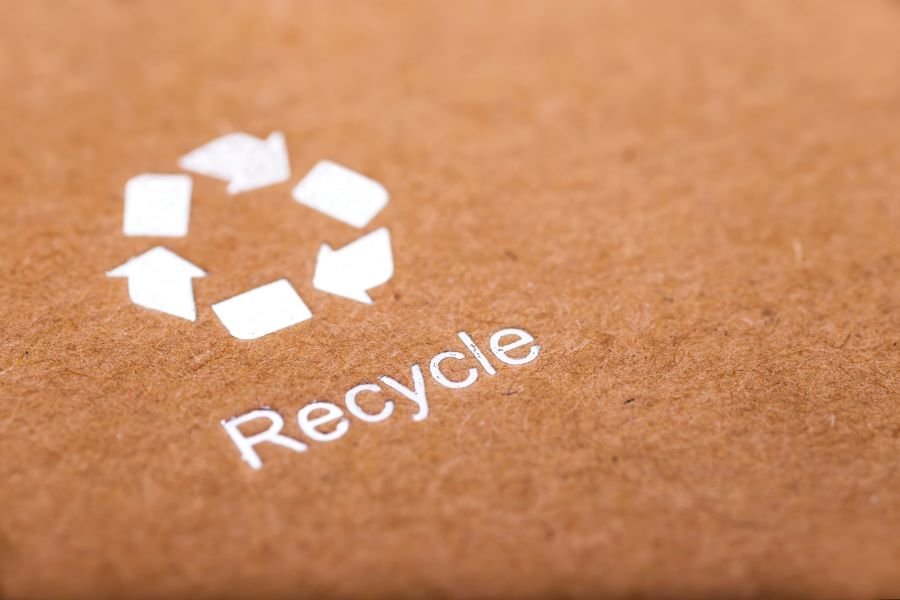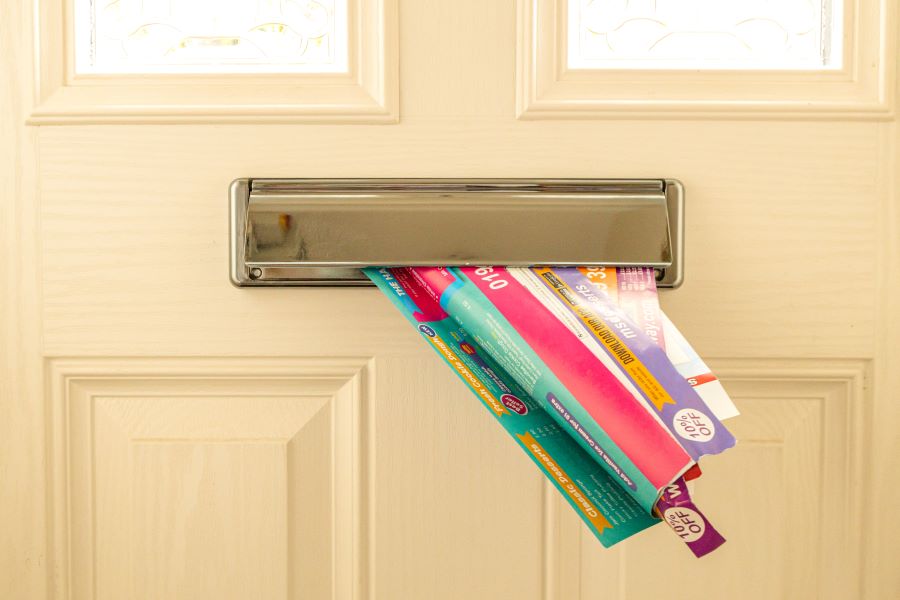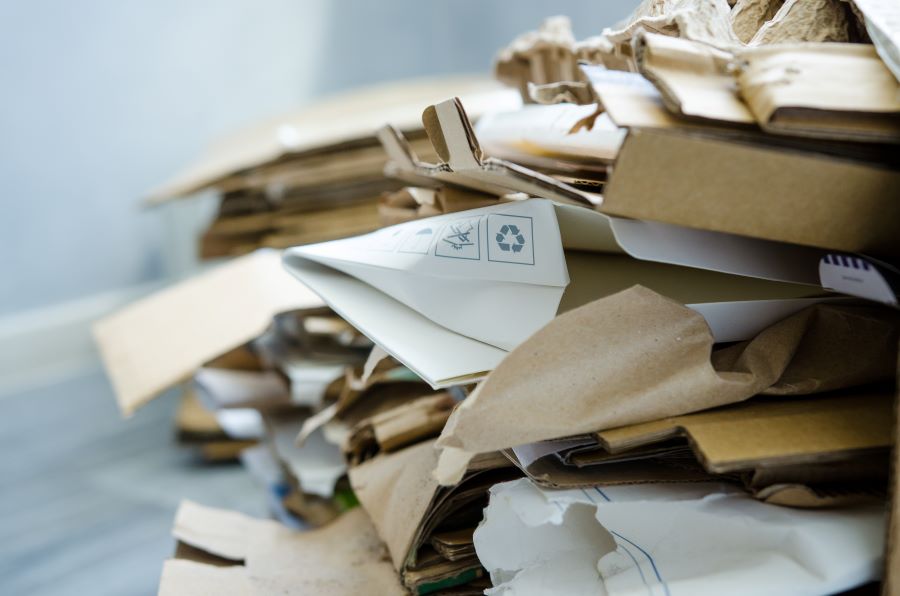In an era where environmental concerns are increasingly at the forefront of our daily lives, the issue of reducing paper waste has become a pertinent
In an era where environmental concerns are increasingly at the forefront of our daily lives, the issue of reducing paper waste has become a pertinent topic for many households. This insightful guide delves into a range of strategies and practices that families and individuals can adopt to minimize their paper waste.
By taking these steps, not only do we contribute to a healthier planet, but we also open up opportunities for innovation and efficiency in our daily routines.
Understanding the Impact of Paper Waste
To fully grasp the importance of reducing paper waste, it’s essential to understand the far-reaching environmental impact it has. The journey of paper begins in forests, where trees, the primary raw material for paper, are harvested. This process significantly contributes to deforestation.
Trees are vital for the environment; they absorb carbon dioxide, a greenhouse gas, and provide habitat for countless wildlife species. When trees are cut down for paper production, this not only leads to habitat loss but also diminishes the earth’s capacity to absorb carbon dioxide, thus exacerbating global warming and climate change.
Once the trees are harvested, they undergo a resource-intensive manufacturing process to be turned into paper. This process consumes large amounts of water and energy. The production of paper is one of the leading industrial consumers of water. It uses water at every stage – from tree growth to the manufacturing process, where it’s used for cleaning and processing the wood fibers. This heavy water usage can lead to depletion of local water resources, affecting both ecosystems and human communities.
Of course, the impact of paper waste is not just limited to the environmental sphere; it also has economic and social dimensions. The cost of managing and disposing of paper waste is substantial for both municipalities and households. By reducing paper waste, households can save on costs associated with waste disposal and management.
Reducing paper waste, therefore, is not only about protecting the environment; it’s about conserving natural resources, reducing our carbon footprint, and promoting social and economic sustainability. It’s a significant step towards a more sustainable lifestyle, where we live in harmony with our environment and contribute positively to our planet’s health and the well-being of our communities.

-
Smart Shopping: Choose Recycled and Eco-Friendly Products
One of the simplest yet most effective strategies is to be conscious of the paper products we purchase.
Opting for products made from recycled materials can have a substantial impact. Recycled paper products require less energy and water to produce compared to new paper, and they help reduce the amount of waste going to landfills.
When shopping, look for labels that indicate a product is made from recycled materials or is eco-friendly. This small change in shopping habits can contribute significantly to environmental conservation efforts.
-
Get Digital: Embrace Online Services
Embracing digital services is a powerful way to reduce paper waste, from utility bill payments to online banking and digital school assignments. Switching to digital alternatives reduces the amount of paper coming into our homes and offers a level of convenience and efficiency that traditional paper-based methods can’t match.
Encourage service providers who are still relying on paper-based communications to consider digital alternatives. This digital shift is a win-win for both the environment and our daily lives.
-
Reuse and Repurpose: Give Paper a Second Life
Before discarding paper, consider if it can be given a second life. Reusing paper helps in reducing waste and also sparks creativity.
Use the blank sides of printed papers for jotting down notes, or turn them into homemade notebooks or scrapbooks. Children can use the backs of used papers for drawing and crafting, thus nurturing their creativity while instilling a sense of environmental responsibility.
Encouraging reuse in our homes not only reduces waste but also helps in developing a mindset of resourcefulness and sustainability.

-
Say No to Junk Mail: Reduce Unnecessary Paper in Your Mailbox
A significant portion of household paper waste comes from unsolicited mail or junk mail. Taking steps to reduce this influx can significantly cut down on waste. Services are available that allow you to opt out of junk mail lists.
Additionally, contacting companies directly to stop unwanted mailings can also be effective. This action contributes to reducing paper waste and helps maintain a clutter-free and organized home.
-
Responsible Printing: Think Before You Print
Responsible printing practices can greatly reduce paper consumption. Before printing, consider if a digital copy would suffice. When printing is necessary, use both sides of the paper and set your printer to duplex (double-sided) printing.
Choose printers that are energy efficient and support multiple paper sizes to reduce paper waste. These practices not only save paper but also help in reducing energy consumption and printer ink usage.
-
Community Involvement: Participate in Local Recycling Programs
Participation in local recycling programs is a key component of reducing paper waste. Many communities offer recycling facilities that accept a variety of paper products.
By taking part in these programs, households can ensure that their paper waste is recycled properly, thus reducing the environmental impact. Community events like paper drives or shredding events are also great opportunities for responsible disposal of sensitive documents while supporting recycling efforts.
-
Utilize Online Tools for Document Management
In the digital age, managing documents efficiently is crucial. Utilizing hassle-free online tools like a PDF compressor can be a game-changer in this aspect. It helps in reducing the file size of digital documents, making them easier to store and share.
This not only reduces the need for physical storage space but also streamlines the sharing and managing of documents. Digital document management is a step towards a paperless lifestyle, which is essential for reducing paper waste.

-
Educate and Spread Awareness
Educating family members about the importance of reducing paper waste is crucial. This can start with simple discussions at home about the environmental impact of paper waste and extend to involvement in community or school-based environmental programs.
Schools play a pivotal role by integrating environmental education into their curriculum and encouraging practices like digital assignments and recycling.
-
Embrace Minimalism: Reduce, Reuse, Recycle
Adopting a minimalist approach in our daily lives can significantly reduce paper use. This involves being more thoughtful about the items we bring into our homes, prioritizing quality over quantity, and finding multiple uses for items before disposal.
An ‘eco minimalist’ mindset encourages us to live with less but more meaningfully and intentionally. It’s about making choices that align with our values of sustainability and environmental stewardship.
-
Support Eco-Friendly Businesses and Products
Finally, supporting local businesses that prioritize eco-friendliness is a great way to promote sustainability. This includes purchasing products from companies that use sustainable practices or offer eco-friendly alternatives to conventional paper products.
By choosing these products, consumers encourage more businesses to consider their environmental impact and contribute to a larger movement towards sustainability.
Conclusion: Every Step Counts
In conclusion, reducing paper waste in our homes requires a combination of small, daily actions and larger lifestyle changes. By making conscious choices, embracing digital solutions, and actively participating in community recycling and sustainability efforts, households can significantly impact the environment. Every effort, no matter how small, counts towards creating a greener, more sustainable future. Let’s continue to work together towards this goal, for our planet and for future generations.



















































































































COMMENTS